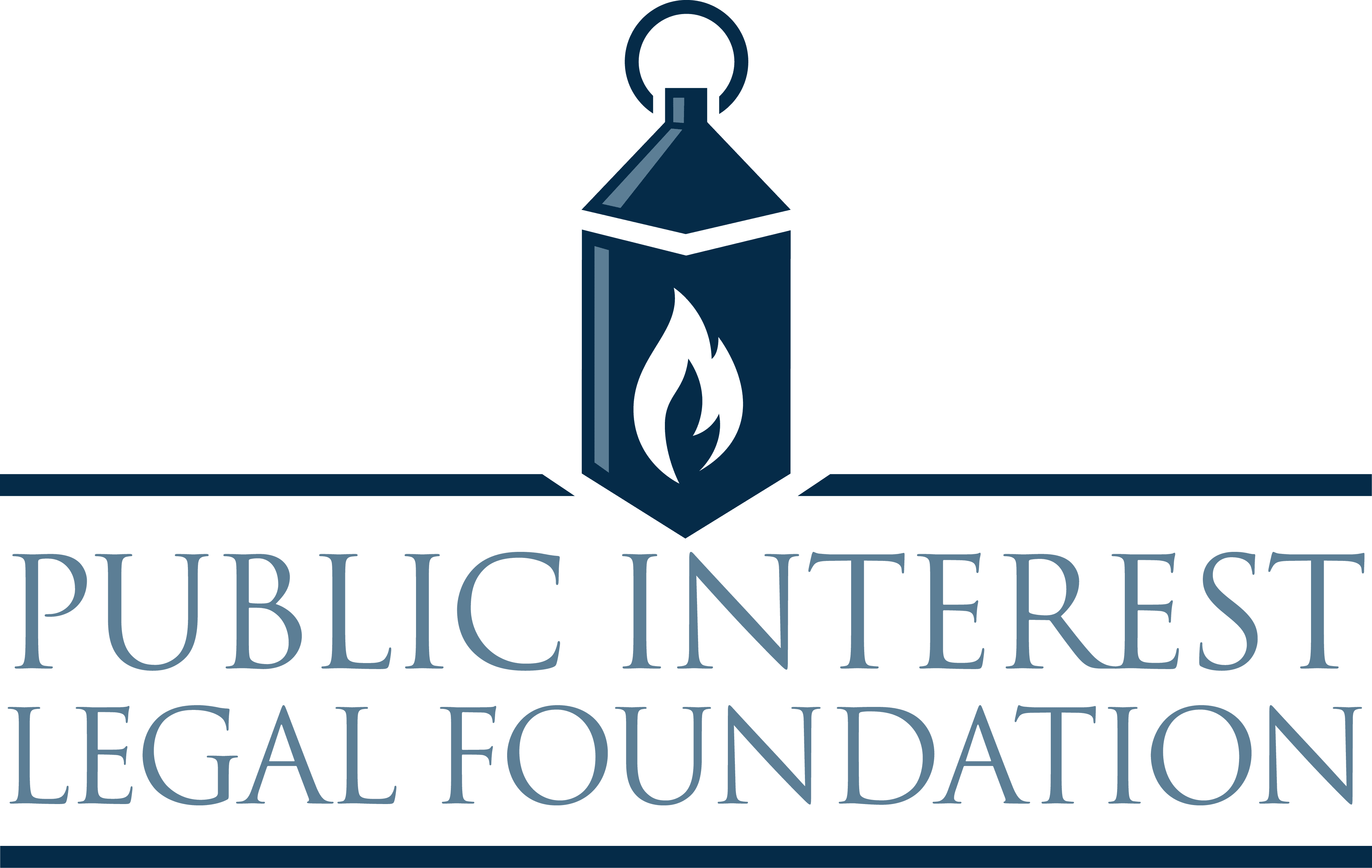(NEW YORK, NY.) – September 25, 2018: The Public Interest Legal Foundation (PILF) was granted leave by the U.S. Court of Appeals for the Second Circuit to file two amicus curiae briefs in defense of the proposed citizenship question for the 2020 Census. The Court will hear oral argument on the Government’s Petitions for Writ of Mandamus today.
The United States is currently defending the reinstatement of a citizenship question on the general 2020 Census Survey against multiple lawsuits brought by the State of New York and others. The Foundation was granted entry to share the value the citizenship data would have in federal voting rights law enforcement after a trial court allowed broad discovery into the rationale for the reinstatement.
“The trial court cannot ignore history—the DOJ record of protecting minority voters from redistricting dilution was built thanks to citizenship data on hand,” PILF President and General Counsel J. Christian Adams said. “Cases around the nation hinge on citizenship data access and quality. Minorities living in smaller locales are often completely overlooked. More official and private actions to protect voters can occur if the Trump Administration succeeds with this Census reform effort.”
The brief notes:
Collecting robust citizenship data on the Decennial Census will help enforce the Voting Rights Act. The U.S. Department of Justice determined that gathering citizenship “data is critical to the DOJ’s enforcement of Section 2 of the Voting Rights Act.”
The Foundation offers three arguments related to voting rights enforcement, despite the trial court’s finding that “the [DOJ] and civil rights groups have never, in 53 years of enforcing [the Voting Rights Act], suggested that citizenship data … would be helpful let alone necessary to litigating such claims.”
Robust citizenship data is necessary to determine if redistricting maps properly protect minority voters
In the decades-long absence of general citizenship data provided by the Census, the DOJ had to selectively employ citizenship estimates – yet only in jurisdictions where such data were available. Without it, DOJ and others live in a statistical fog to determine whether a minority group is sufficiently large and geographically compact to necessarily yield a single-member district. In one example, DOJ officials had difficulty discerning differences between eligible African-Americans and resident Caribbean noncitizens when assessing the fairness of city council boundaries. The Foundation notes seven additional cases where citizenship data was clearly used to make DOJ redistricting cases since 2001.
Previous Census citizenship data was critical in deciding a voting rights case in 2017
Citizenship data derived from the 1950 Census helped a trial court in Guam determine in the 21st Century that a “Native Inhabitants” standard for voter registration was a race-based discriminatory measure against mainland American citizens. The DOJ currently promotes the use of the 1950 data as Guam appeals the summary judgment finding to the 9th Circuit.
Citizenship data helps facilitate private efforts to enforcing voting laws
Census data are critical to determining which jurisdictions are falling behind federal mandates to maintain voter rolls free from bloat and corrupted entries. Courts have repeatedly relied on the ratio between registered voters and resident citizens in a locale as valuable insights—yet the citizenship data in its current form is not without flaws and can risk skewed interpretations. Improved data quality will also help empower private interests to ensure that federal law is being followed.
The briefs were filed in support of the Government’s Petitions for Writ of Mandamus presently before the U.S. Court of Appeals for the Second Circuit in In re: United States Department of Commerce, Nos. 18-2652 and 18-2659. Related filings can be found, here.
Public Interest Legal Foundation (PILF) is a 501(c)(3) public interest law firm dedicated to election integrity. The Foundation exists to assist states and others to aid the cause of election integrity and fight against lawlessness in American elections. Drawing on numerous experts in the field, the Foundation seeks to protect the right to vote and preserve the Constitutional framework of American elections.
###

